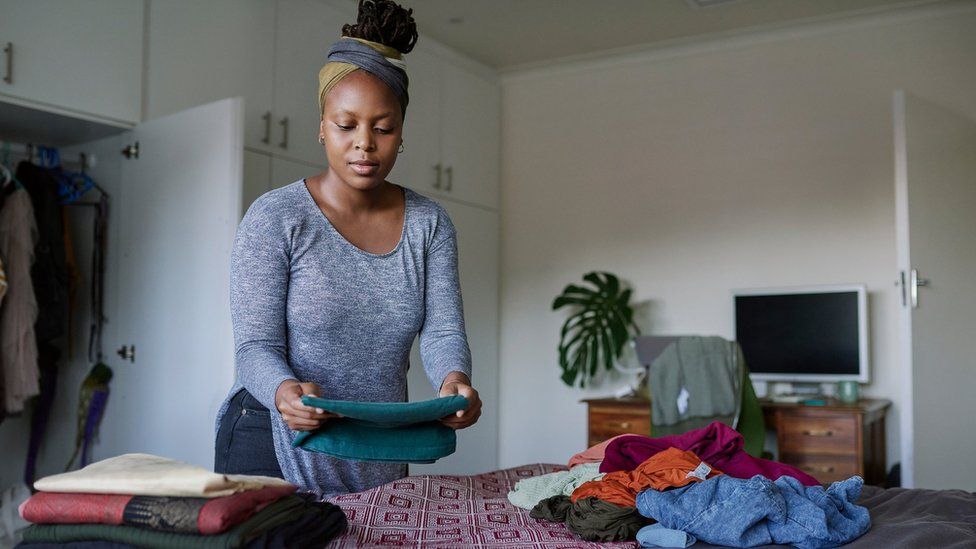-

-
-
Loading

Loading

According to the British Social Attitudes Survey, the majority of British people believe that household chores should be shared, but women still tend to do them. More than three-quarters of respondents said that domestic work should be divided, but two-thirds acknowledged that women do more than their fair share of tasks like washing, ironing, cleaning, and cooking. However, attitudes towards gender roles have changed significantly since the 1980s. Nowadays, only 9% of people believe that a man's role is to earn money and a woman's role is to look after the home, compared to 48% in the past. Despite these changing attitudes, 63% of women admitted to doing more than their fair share of housework, while only 22% of men claimed to shoulder most of the burden. This situation is referred to as the "second shift" by social scientists, where women not only take care of domestic chores but also participate in the labor market. The survey also highlighted the increasing participation of women in the labor market. In 1983, only 54% of women between the ages of 16 and 64 were employed, but by 2023, this number had risen to 72%. The participation of mothers in the labor market has also reached its highest level. On the other hand, the employment rate for men has remained relatively stable. In terms of household income, in 1989, about half of the respondents believed that both men and women should contribute. Now, 70% of respondents support this idea, with both men and women showing increasing support for this notion. The survey concludes that the unequal division of labor between men and women persists due to workplace norms and public policies. The authors argue that although some progress has been made, a true gender-role revolution in households is still far from being realized. The survey, which was conducted through 6,638 interviews with adults between September and October of the previous year, indicates that Britain has yet to overcome this "final frontier" of gender equality.